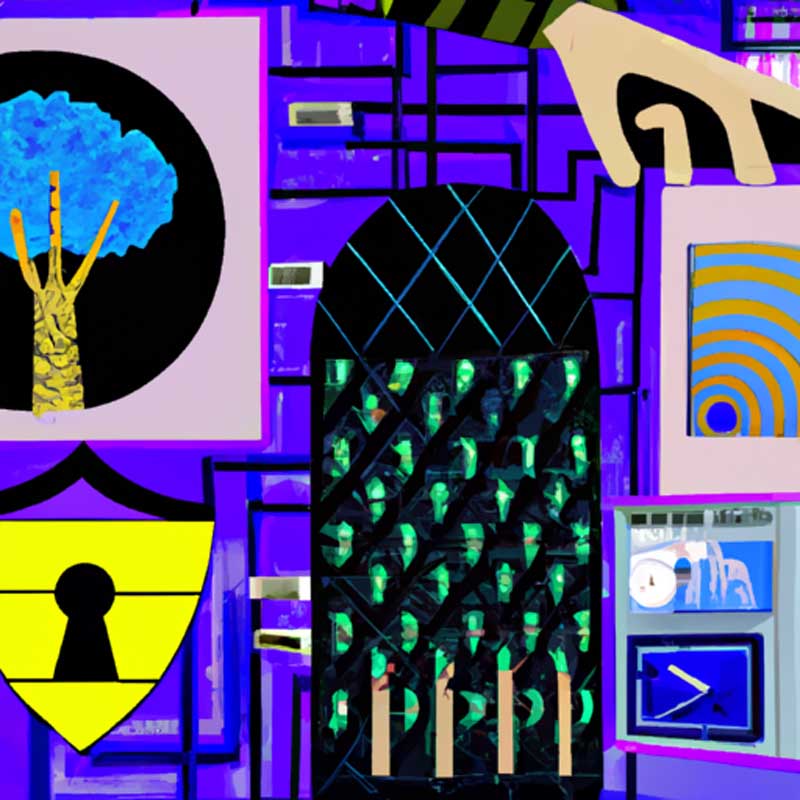TLDR
In this article, the author provides a roadmap for individuals who want to learn AI on their own. The author emphasizes the importance of AI in today’s world and explains how it has evolved over the years. They also highlight the opportunities that exist in the field of AI and the impact that individuals can make by acquiring AI skills. The author acknowledges the challenges and issues associated with AI, but emphasizes the need for more people with a deep understanding of AI to address these challenges.
Key Points:
- The author provides a roadmap for individuals to learn AI on their own.
- AI is changing the job landscape and it is important for individuals to acquire AI skills.
- Generative AI has the ability to write code, generate images and music, diagnose conditions, and more.
- Companies are racing to implement AI solutions to improve their services and products.
- AI models still have issues that need to be solved, and individuals with in-depth understanding of AI are needed to address these challenges.
If your hands touch a keyboard for work, Artificial Intelligence is going to change your job in the next few years. In this blog post, I’ll be sharing with you a roadmap for expanding your AI skillset, together with the learning resources. This roadmap goes down to the basics, so even if you don’t have any background in machine learning, mathematics or programming, I hope you’ll walk away with some useful ideas of where to start.
Artificial Intelligence, Machine Learning and Deep Learning have been around since the 1950s, but they have gained significant traction in the past decade due to advancements in algorithms, computing power, and data availability. Generative AI, a subset of Machine Learning and Deep Learning, has the ability to perform tasks such as writing code, generating images and music, diagnosing conditions, and much more. Companies around the world are eager to leverage generative AI to improve their services, products, and streamline processes. This presents a valuable opportunity for individuals who possess AI skills.
However, AI models still have limitations and issues that need to be addressed, such as reliability, stability, and potential biases. To tackle these challenges, there is a need for individuals with a deep understanding of AI who can contribute to solving these problems. Acquiring AI skills not only opens up career opportunities but also allows individuals to make a significant impact in various industries.
The author provides a roadmap for learning AI, starting from the basics. They recommend learning the fundamentals of mathematics, statistics, and programming before delving into machine learning and deep learning. The author suggests utilizing online resources and courses, participating in Kaggle competitions, and engaging with the AI community to gain practical experience and knowledge.
In conclusion, learning AI on your own is achievable with the right roadmap and resources. The field of AI is rapidly evolving, and individuals with AI skills have the potential to make a significant impact in various industries. By acquiring a deep understanding of AI, individuals can contribute to overcoming the challenges and limitations of AI models, ultimately driving advancements in the field.
